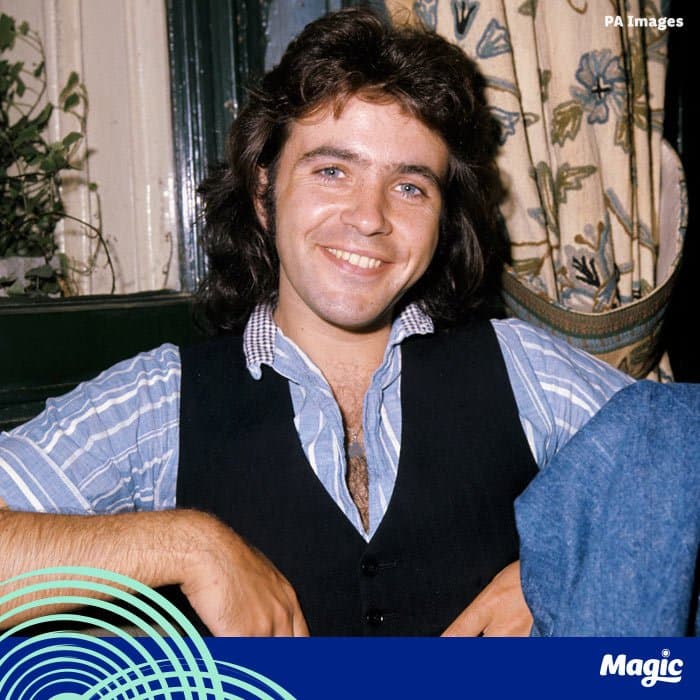
David Essex’s “Tahiti”: A Timeless Ballad of Escape and Tropical Dreams
In the realm of music that blends theatricality with rock and pop, few artists have captivated audiences as effectively as David Essex. With his dynamic stage presence, soulful vocals, and memorable roles in musicals and films, he became a beloved figure of the 1970s and beyond. Among his many memorable performances, Tahiti stands out as a timeless classic, a poignant ballad that explores the allure of escape, the beauty of tropical islands, and the human desire for a simpler life.
Released in 1983 as a single from the musical “Mutiny on the Bounty,” in which Essex also starred, Tahiti quickly gained popularity, becoming a fan favorite and a staple of pop radio stations. The song is characterized by its gentle melody, evocative lyrics, and Essex’s sincere vocal delivery, which conveys both the warmth and the vulnerability of the narrator.
Tahiti is a song about the allure of escape, the beauty of tropical islands, and the human desire for a simpler life. The lyrics tell the story of someone who is dreaming of escaping to a tropical paradise, leaving behind the pressures and responsibilities of everyday life. The song captures the feeling of longing, the desire for a change of scenery, and the hope for a more peaceful and fulfilling existence.
The song’s lyrics are both poetic and personal, inviting listeners to reflect on their own dreams of escape and their longing for a simpler life. Lines like “Tahiti, oh Tahiti / Where the sun shines every day” and “Tahiti, oh Tahiti / I’m gonna sail away” express the narrator’s yearning for a tropical paradise, while also conveying a sense of hope and determination.
Musically, Tahiti is a perfect example of Essex’s versatility as an artist. While known for his more upbeat and energetic tracks, this ballad showcases his ability to deliver a tender and emotionally resonant performance. The gentle melody, combined with Essex’s soulful vocals and the song’s lush instrumentation, creates an atmosphere of intimacy and warmth, perfectly complementing the song’s themes of escape and tropical dreams. The song’s production is polished and refined, highlighting Essex’s vocal talents and the richness of the musical arrangements.
Tahiti was a commercial success, reaching the top 10 charts in the UK, further solidifying its place in popular culture. It has since become a staple of pop radio and has been featured in numerous films, television shows, and commercials.
The enduring popularity of Tahiti is a testament to its timeless quality. The song’s themes of escape, tropical dreams, and the desire for a simpler life continue to resonate with listeners of all ages. It is a song that evokes a sense of nostalgia, transporting listeners to a world of sun-drenched beaches, swaying palm trees, and the promise of a more relaxed and carefree existence.
For older listeners who are familiar with David Essex’s work, Tahiti is sure to evoke fond memories of a bygone era. The song takes them back to a time when pop music was more than just entertainment, it was a way to express the hopes, dreams, and longings of a generation.
But even for those who are new to David Essex, Tahiti is a song that is sure to make an impression. Its heartfelt lyrics, beautiful melody, and timeless themes make it a must-hear for any fan of pop music.
In conclusion, David Essex’s Tahiti is a timeless ballad that explores the allure of escape, the beauty of tropical islands, and the human desire for a simpler life. It is a song that speaks to the heart of the human experience, capturing the longing for a change of scenery, the hope for a more peaceful existence, and the enduring power of dreams. Tahiti is a true gem of pop music that will continue to be enjoyed and cherished for generations to come.